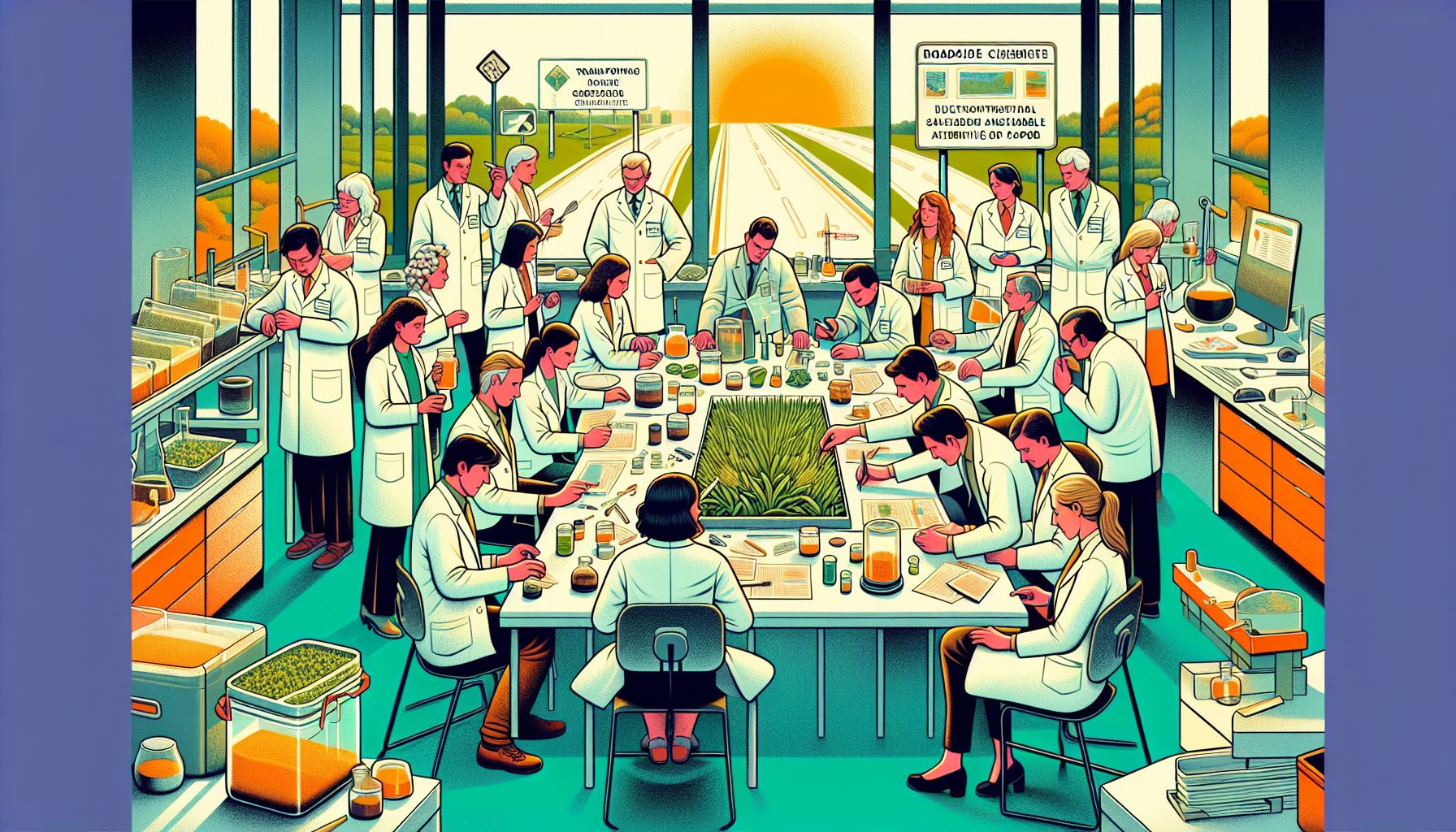scientists develop sustainable paper alternative from roadside grass

Scientists at Wageningen University and Research are developing a sustainable paper alternative using grass, aiming to reduce deforestation, water usage, and energy consumption in traditional paper production.
Innovation in Grass Paper
The initiative spearheaded by Wageningen University and Research (WUR) in the Netherlands marks a significant step towards sustainability in the paper industry. By utilizing grass from roadside and nature areas, WUR scientists aim to cut down on the reliance on imported wood pulp, bolster the local economy, and significantly reduce water and energy usage in paper production.
Economic and Environmental Benefits
Schut Paper Factory, also based in the Netherlands, plans to commence production of grass-based paper next year under the European Union’s GO-GRASS project. This innovative approach transforms grass into sugars for biogas production and further refines it into paper, offering a cost-effective and eco-friendly alternative to traditional wood-based paper. The production process uses only 2 liters of water per tonne of grass pulp, compared to 6,000 liters for wood pulp, significantly reducing the environmental impact.
Diverse Applications and Market Expansion
Grass paper, although not suitable for all uses such as laser printing, proves highly effective for packaging materials, which have seen increased demand due to the rise in online orders. Schut Paper Factory is also diversifying its fiber sources, creating paper and cardboard from materials like cocoa shells and old denim, addressing niche market needs for sustainable packaging.
Global Contributions to Grass Paper Innovation
Creapaper GmbH, a German company, is another key player in the eco-friendly transformation of the paper industry. Utilizing regional grass fibers, Creapaper’s process saves around 300 kg of CO2 emissions per tonne compared to traditional paper. Their grass paper production methods significantly lower water usage, reshaping the paper supply chain with a reduced carbon footprint.
Future Prospects and Broader Impact
The grass paper innovation is expanding its applications globally, from protein extraction for livestock feed in Denmark to biochar production in Germany and animal bedding in Sweden. This shift towards sustainable business models is not only environmentally beneficial but also economically viable, with grass-based pulp being up to 70% cheaper than wood pulp. Moreover, grasslands used for paper production support biodiversity, providing food sources for bees and insects, thus promoting environmental sustainability.

